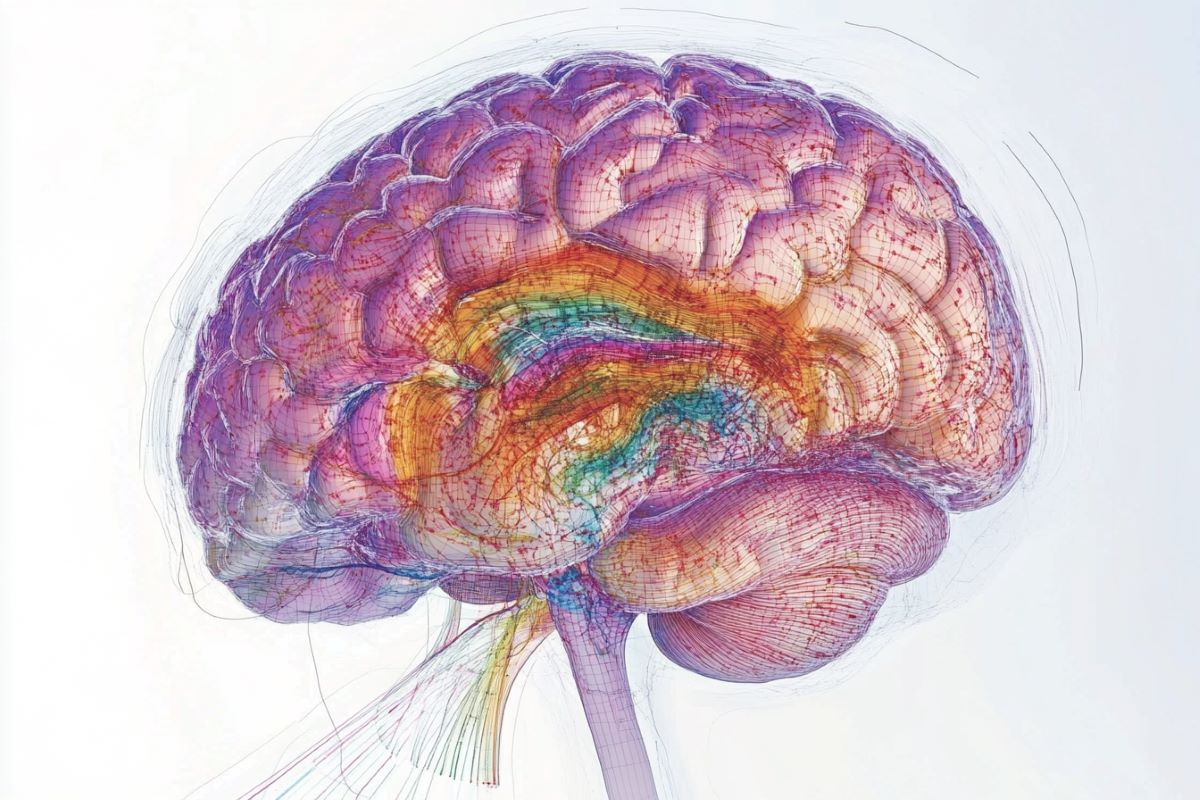Researchers from China observed 25 obese individuals as they lost weight using intermittent energy restriction (IER) to see changes in their gut bacteria and in brain regions for appetite and addiction. The study suggests that the changes in these areas are closely linked in time, and may be connected by an unknown mechanism: either changes in the gut microbiome drive changes in the brain or vice versa. The findings were published in Frontiers in Cellular and Infection Microbiology.”Here we show that an IER diet changes the human brain-gut-microbiome axis. The observed changes in the gut microbiome and in the activity in addiction-related brain regions during and after weight loss are highly dynamic and coupled over time,” said last author Dr Qiang Zeng, a researcher at the Health Management Institute of the PLA General Hospital in Beijing. Obesity is a risk factor for cardiovascular disease, diabetes, and some cancers, and is a global issue affecting more than one billion people. However, losing weight permanently is not easy due to the complex interactions between body systems such as gut physiology, hormones, and the brain. One strategy for weight loss is intermittent energy restriction (IER), which involves alternating days of reduced calorie intake with days of regular eating.”A healthy, balanced gut microbiome is critical for energy homeostasis and maintaining normal weight. In contrast, an abnormal gut microbiome can change our eating behavior by affecting certain brain areas involved in addiction,” explained coauthor Dr Yongli Li from the Department of Health Management of Henan Provincial People’s Hospital in Henan, China. The study involved metagenomics on stool samples, blood measurements, and functional magnetic resonance imaging (fMRI) to analyze changes in the gut microbiome, physiological parameters, serum composition, and brain activity in 25 obese Chinese women and men on an IER diet. The participants, who were on average 27 years old with a BMI between 28 and 45, underwent a 32-day ‘high-controlled fasting phase’ followed by a 30-day ‘low-controlled fasting phase’. By the end of the study, their body weight had decreased by an average of 7.6kg, or 7.8%. They also experienced reductions in body fat, waist circumference, blood pressure, and serum levels of fasting plasma glucose, total cholesterol, HDL, LDL, and the activity of key liver enzymes. The authors observed decreases in the activity of brain regions implicated in the regulation of appetite and addiction, as well as changes in the abundance of certain gut bacteria, suggesting a link between changes in the brain and microbiome during and after weight loss.The study suggests that the changes in the brain and microbiome during and after weight loss are connected, but the direction of the causality remains unclear. The gut microbiome is thought to communicate with the brain in a complex, two-directional way, producing neurotransmitters and neurotoxins that access the brain through nerves and blood circulation, while the brain controls eating behavior and nutrients from the diet change the composition of the gut microbiome. Coauthor Dr Liming Wang from the Health Management Institute in Beijing emphasized the need to understand the precise mechanism by which the gut microbiome and the brain communicate in obese people, including during weight loss. The findings provide valuable insights into the complex relationship between weight loss, the gut microbiome, and brain activity.
Slimming significantly alters your microbiome and brain activity












